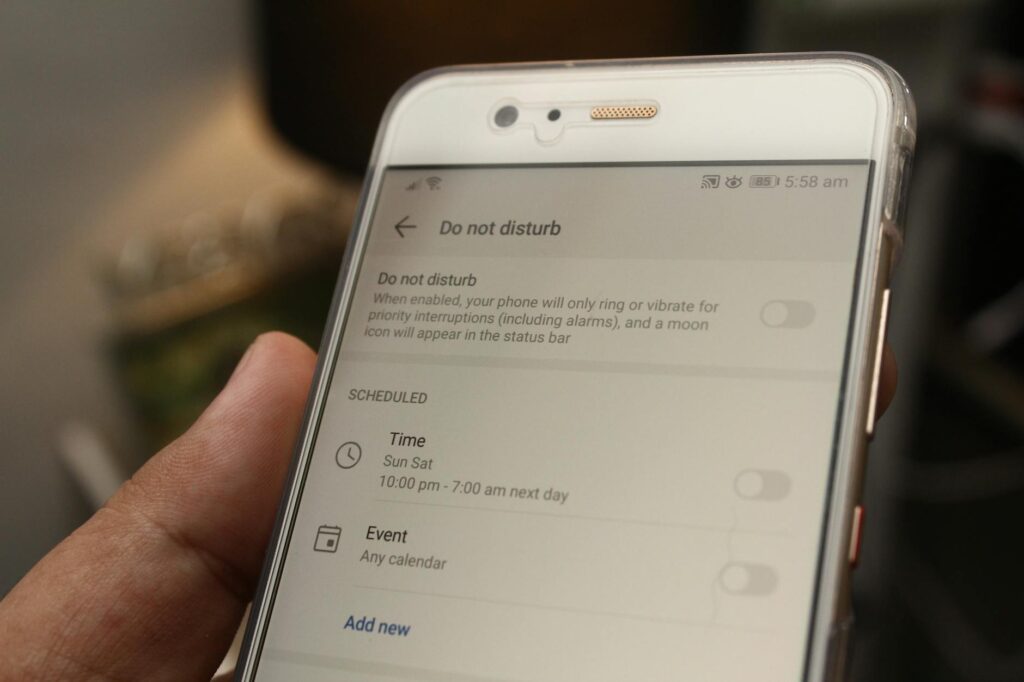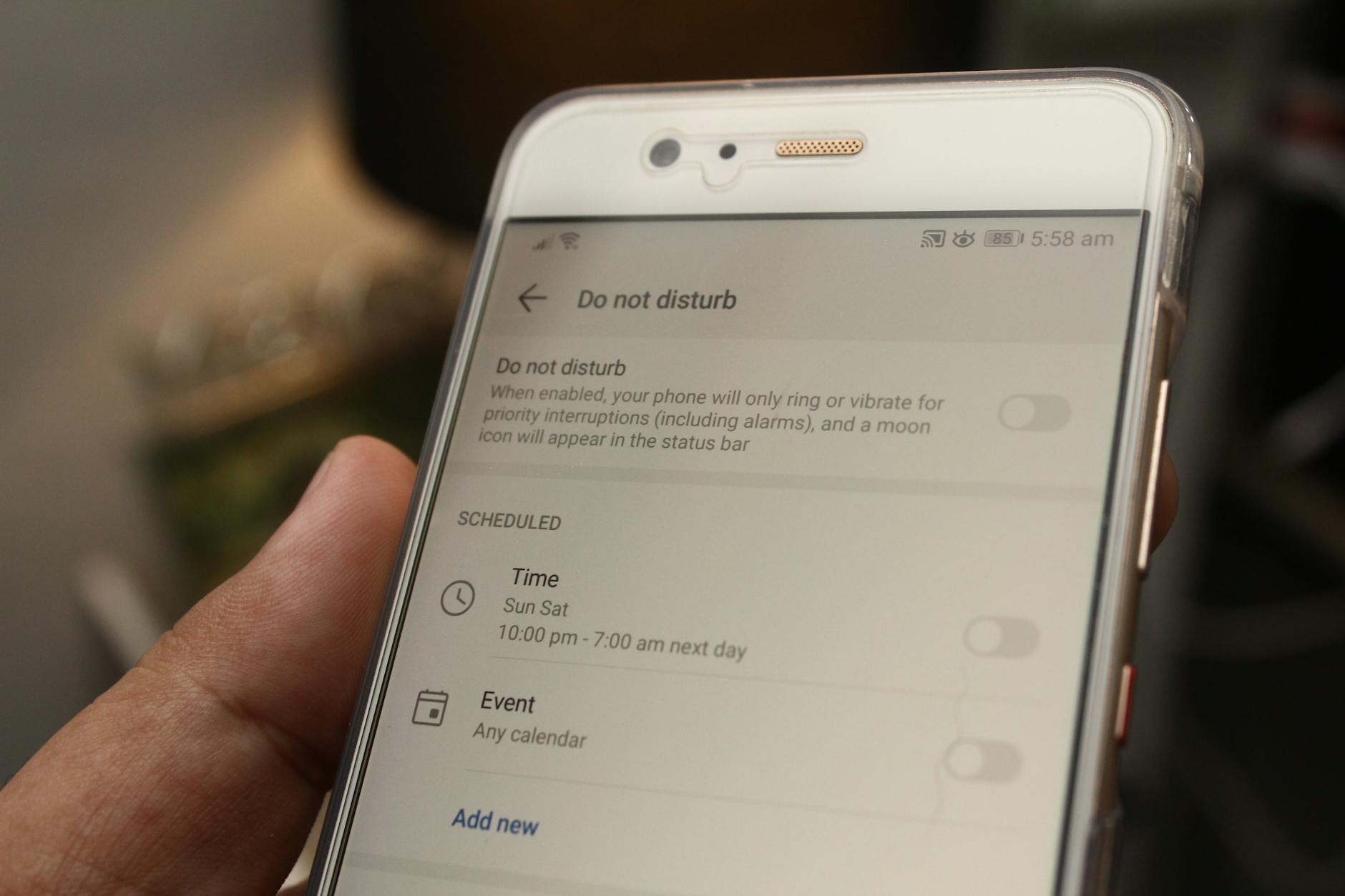What is scheduling applications?

What is scheduling applications?
In today’s fast-paced world, we often find ourselves juggling multiple tasks, appointments, and commitments. This is where scheduling applications come in handy. These tools are designed to streamline time management, helping you organize your day efficiently. By understanding and utilizing scheduling applications, you can enhance your productivity, keep track of important dates, and maintain a healthy work-life balance.
Understanding Scheduling Applications
Scheduling applications are digital tools that assist users in managing their time and organizing tasks. They help you plan and prioritize your daily activities, ensuring that nothing important slips through the cracks.
What Are Scheduling Applications?
At their core, scheduling applications simplify the process of setting appointments, reminders, and deadlines. They typically include features such as:
- Calendar Integration: Most scheduling apps synchronize with your existing calendar to provide a comprehensive view of your commitments.
- Reminders and Notifications: These tools send alerts for upcoming appointments, helping you stay on track.
- Task Management: Many scheduling applications allow you to create and manage a to-do list, enabling you to prioritize tasks effectively.
By offering these functionalities, scheduling applications equip you with the resources you need to take control of your time.
Types of Scheduling Applications
There’s a wide variety of scheduling applications available today, each catering to different needs:
- Calendar Apps: Such as Google Calendar, these apps are great for personal and professional scheduling.
- Appointment Scheduling Tools: Tools like Calendly help you manage meetings without the back-and-forth of emails.
- Project Management Tools: Applications like Trello or Asana combine scheduling with task management, perfect for team collaboration.
Each type serves a specific purpose, but they all aim to simplify the scheduling process.
Benefits of Using Scheduling Applications
Utilizing scheduling applications can transform your approach to time management. Here are some of the key advantages:
Improved Time Management
With the right scheduling application, you can allocate your time more effectively. By visualizing your commitments, you’re better equipped to prioritize tasks based on urgency and importance. This leads to a more organized day, reducing stress and helping you focus on what truly matters.
Enhanced Productivity
Scheduling applications streamline your workflow, making it easier to stay on top of deadlines. They minimize the chances of missed appointments and help you maximize your time. Tools with integration capabilities allow you to connect with other productivity apps, creating a cohesive work environment.
For those interested in learning more about how scheduling can enhance productivity, resources like Timeero provide valuable insights.
Popular Scheduling Applications
Several scheduling applications stand out in the market due to their unique features and functionalities.
Google Calendar
Google Calendar is one of the most widely used scheduling applications. It allows users to create events, set reminders, and share calendars with others. The integration with other Google services, like Gmail, enhances its functionality, making it a preferred choice for many.

Photo by Daniel Moises Magulado
Microsoft Outlook Calendar
Outlook Calendar is another robust tool, especially favored by business professionals. It offers features like shared calendars, meeting scheduling, and integration with Microsoft Office tools, making it invaluable for workplace organization.
Calendly
Calendly is designed to eliminate the hassle of scheduling meetings. By allowing others to book appointments based on your availability, it saves time and reduces the stress of coordinating schedules. This application is particularly useful for freelancers and businesses that require frequent client meetings.
Tips for Effectively Using Scheduling Applications
To get the most out of your scheduling applications, consider the following practical tips:
Setting Up Notifications
Setting up reminders and notifications is crucial. Customize your notification settings to ensure you receive alerts for upcoming appointments. This helps prevent missed meetings or deadlines, keeping you organized.
Integrating with Other Tools
Many scheduling applications offer integration capabilities with other productivity tools. By connecting your scheduling app with platforms like Trello, Asana, or even email clients, you create a more streamlined workflow. This integration fosters efficiency, allowing you to manage various aspects of your work from a single platform.
Conclusion
Scheduling applications are essential tools for anyone looking to enhance their productivity and manage their time effectively. With various options available, such as Google Calendar, Microsoft Outlook, and Calendly, you can find one that suits your needs. By harnessing the power of these applications, you can reclaim control over your schedule and improve your work-life balance. So, start exploring these tools today and watch as your productivity soars!